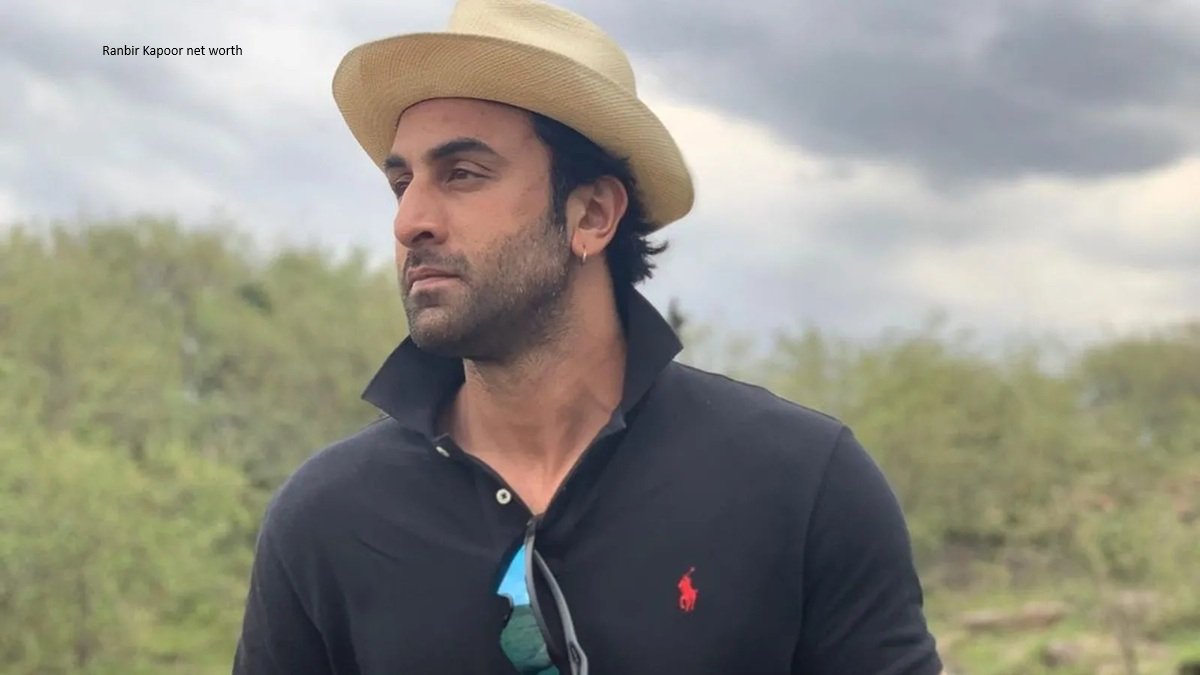Monica Lewinsky. The name itself conjures a whirlwind of images and emotions for many. For some, it’s a reminder of a significant political scandal that gripped the world. For others, it signifies a story of public shaming and the arduous journey of reclaiming one’s narrative. But beyond the headlines of the late 1990s, lies the multifaceted life of a woman who has navigated extraordinary circumstances, built a career, and is now leaving a distinct legacy. This article delves into Monica Lewinsky’s net worth, her early life, the trajectory of her career, the lasting impact of her experiences, and glimpses into her life today.
Net Worth: A Story of Resilience and Reinvention
Estimating Monica Lewinsky’s net worth is a nuanced task. While the immediate aftermath of the scandal brought some financial opportunities, a significant portion was reportedly consumed by legal fees. Sources in June 2025 suggest her net worth to be in the range of $1.5 million to $50 million. The higher estimate likely factors in more recent financial activities, including her work as a producer and public speaker.
Early on, Lewinsky earned approximately $500,000 from her biography, “Monica’s Story,” and another $1 million for a televised interview with Barbara Walters in 1999. She also ventured into business with a handbag line, “The Real Monica, Inc.,” and secured a $1 million endorsement deal with Jenny Craig, though she ultimately received $300,000 due to campaign adjustments.
More recently, Lewinsky has found success as a producer, notably for the FX series “Impeachment: American Crime Story,” which revisited the Clinton-Lewinsky scandal from the perspectives of the key women involved. Her public speaking engagements, where she addresses topics like cyberbullying and public shaming, also contribute to her income.
It’s important to note that while the scandal initially brought unwanted fame, Lewinsky has, over time, strategically leveraged her experiences to build a career centered on advocacy and media production. Her financial journey reflects not just the initial media frenzy but also her long-term efforts to redefine her public image and create meaningful work.
Early Life: The Foundations
Monica Samille Lewinsky was born on July 23, 1973, in San Francisco, California. She grew up in an affluent family in Southern California, in the Brentwood area of Los Angeles and later in Beverly Hills. Her father, Bernard Lewinsky, is an oncologist, and her mother, Marcia Kay Vilensky (who uses the name Marcia Lewis), is an author. Monica has a younger brother, Michael.
Her family had diverse roots. Her father’s parents were German Jews who emigrated in the 1920s, eventually settling in the United States. Her maternal grandfather was a Lithuanian Jew, and her maternal grandmother was born in China to a Russian Jewish family.
Monica’s parents divorced in 1988, and both remarried. The family attended Sinai Temple in Los Angeles, and Monica went to Sinai Akiba Academy, the school affiliated with the temple. For her primary education, she attended the John Thomas Dye School in Bel-Air. She spent three years at Beverly Hills High School before graduating from Bel Air Prep (later Pacific High School) in 1991.
After high school, Lewinsky attended Santa Monica College while working in the drama department at Beverly Hills High School and at a tie shop. In 1993, she enrolled at Lewis & Clark College in Portland, Oregon, graduating with a bachelor’s degree in psychology in 1995.
These early years in a privileged environment provided her with a strong educational foundation, which would later prove valuable as she navigated the complexities of her public life.
Career: From Intern to Advocate and Producer

Monica Lewinsky’s career path has been anything but conventional, significantly shaped by the events that propelled her into the global spotlight.
Her professional journey began in Washington D.C. In July 1995, with the assistance of a family connection, she secured an unpaid summer internship in the office of White House Chief of Staff Leon Panetta. By December 1995, she moved to a paid position in the White House Office of Legislative Affairs. This role placed her within proximity to then-President Bill Clinton, leading to the events that would irrevocably alter the course of her life.
The revelation of her affair with President Clinton in 1998 thrust her into the center of a major political and media storm. In the immediate aftermath, she co-operated with investigations, gave depositions, and became a household name worldwide.
In the years following the scandal, Lewinsky explored various avenues. As mentioned earlier, she wrote a book, gave interviews, and ventured into fashion and endorsements. In 2003, she even hosted a reality dating show called “Mr. Personality.”
However, a significant shift occurred in the mid-2010s when Lewinsky consciously re-emerged into the public eye, this time as an advocate against cyberbullying and public shaming. Drawing from her own intense experiences of being publicly scrutinized and vilified, she began speaking at conferences, writing articles, and participating in discussions about the impact of online harassment.
Her 2014 essay in Vanity Fair titled “Shame and Survival” marked a pivotal moment in her reclaiming her narrative. In it, she reflected on the scandal and the subsequent years, articulating the profound impact of public humiliation.
Since then, she has become a prominent voice on these issues, delivering a powerful TED Talk in 2015 on “The Price of Shame.” Her work in this area demonstrates a commitment to turning her personal ordeal into a platform for empathy and change.
More recently, Lewinsky has expanded her career into production. She served as a producer for “Impeachment: American Crime Story” (2021), a series that offered a dramatized account of the Clinton-Lewinsky scandal. Her involvement in this project was notable, as it allowed her to contribute her perspective to a story that had long been told primarily by others. In February 2025, she announced that she would be starting her own podcast titled “Reclaiming,” indicating a further step in shaping her own narrative and providing a platform for others.
Legacy: Beyond the Scandal
Monica Lewinsky’s legacy is evolving. While she will forever be associated with the Clinton-Lewinsky scandal, her more recent work is carving out a new and significant impact.
Initially, the “legacy” was one of scandal and public humiliation. She was often reduced to a punchline or a symbol of a political crisis. However, through her resilience and her advocacy, she is actively reshaping how she is perceived and remembered.
Her current legacy is increasingly tied to her activism against cyberbullying and public shaming. By sharing her own painful experiences, she has become a powerful voice for victims of online harassment, urging for more empathy and accountability in the digital age. Her message resonates with many who have faced similar challenges, offering a sense of solidarity and hope.
Furthermore, her involvement in projects like “Impeachment: American Crime Story” demonstrates a desire to engage with her past in a way that offers new perspectives and understanding. By stepping behind the camera as a producer, she contributed to a more nuanced portrayal of the events and the individuals involved.
Looking ahead, Monica Lewinsky’s legacy is likely to be defined by her transformation from a figure of scandal to a respected advocate and storyteller. She is using her platform to promote compassion, fight against online abuse, and ensure that the human cost of public shaming is not forgotten. Her journey is a testament to the possibility of reclaiming one’s narrative and finding purpose even after enduring intense public scrutiny.
Luxury Life: A Glimpse
While Monica Lewinsky’s life was once intertwined with the highest echelons of power, her current “luxury” is perhaps more about autonomy and purpose than extravagant displays of wealth.
Growing up, she experienced a privileged lifestyle in Beverly Hills, with a family that could afford private schooling, expensive vacations, and a comfortable home. This background provided a safety net of sorts in the difficult years that followed the scandal.
In the aftermath, while there were financial opportunities, a significant portion went towards legal battles. Reports from the time highlighted the immense pressure and scrutiny she faced, making a “luxury life” in the traditional sense likely challenging to maintain.
Today, while her net worth allows for a comfortable life, her public persona is more focused on her advocacy and professional endeavors. She has, by many accounts, chosen a life that prioritizes meaning and impact over ostentatious displays of wealth. Her focus on speaking out against cyberbullying and producing content that explores complex human stories suggests a value system that extends beyond material possessions.
It’s worth noting that details about her current personal life and day-to-day living are relatively private, reflecting a desire to maintain a degree of normalcy after years in the intense public eye.
Conclusion:
Monica Lewinsky’s story is far from over. From a White House intern caught in a political firestorm, she has evolved into a vocal advocate and a creative producer. Her net worth reflects a journey of navigating public attention and building a career on her own terms. Her early life provided a foundation that helped her weather immense personal challenges. Her career trajectory, though unconventional, showcases her adaptability and determination. And her legacy is increasingly becoming one of resilience, advocacy, and the power of reclaiming one’s voice.
While the shadow of the past may linger, Monica Lewinsky is actively writing her next chapter, one that promises continued growth, impact, and a lasting legacy that extends far beyond the headlines of the 1990s. Her story serves as a powerful reminder of the human cost of scandal and the potential for finding purpose and making a difference, even after the most public of falls.










